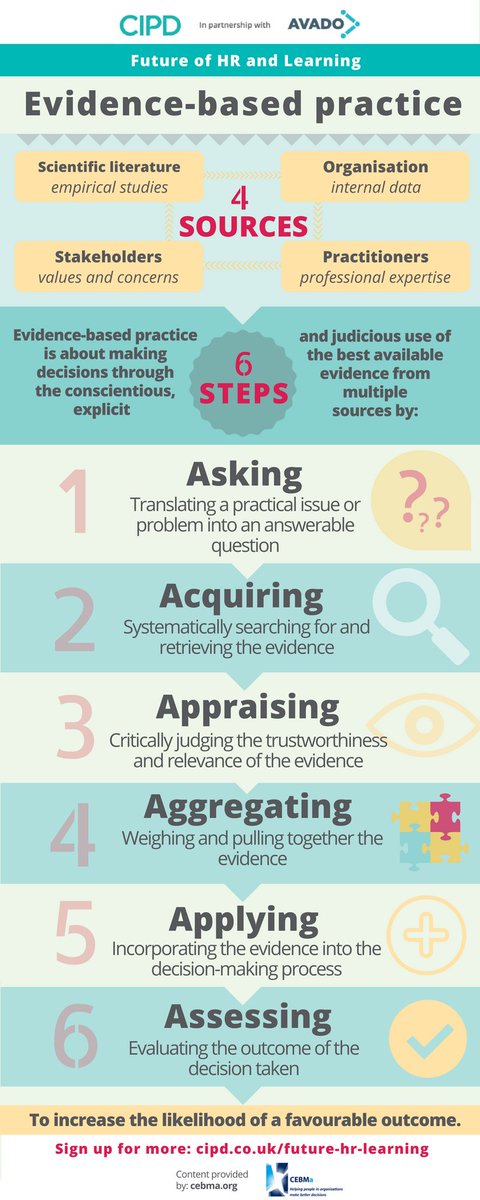To an extent, yes - we all use evidence. But as we argue in our positioning paper, In search of the best available evidence, there are two big things we tend to get wrong when using evidence to inform decisions.
First, we’re often not great at gauging the quality of evidence we’re looking at. There is a well-established hierarchy of scientific evidence on cause-and-effect relationships. The ‘gold standard’ is randomised controlled trials, which carry a good deal more weight than, say, simple before-and-after studies, and far more than surveys run at one point in time. If we can take note of this hierarchy in looking at evidence, we are well on the way to making more reliable, better decisions.
Second, we tend to cherry pick evidence that supports our pet theory. It feels great when you find a piece of research that confirms what you long suspected. But barring the ridiculous, the chances are you’ll be able to find research – even good quality research – to back your opinion whatever it is. To find out if a technique is really worth replicating, we should look at the wider body of evidence. So sitting above the hierarchy of single studies, we have a ‘platinum standard’ of systematic reviews and meta-analyses.
Evidence-based HR means being anti-fad and willing to face uncomfortable truths. But it’s hugely important. Relying on weak evidence can feel politically expedient (staying in line with what your boss expects to see) or compelling (in tune with the zeitgeist, intuitively right), yet at its worst it gives little more than a 50% chance of success, the equivalent of flipping a coin. If a decision is important, it’s worth testing the available evidence in this light: how much more scientific is it than a coin toss?
There are plenty of thorny questions in evidence-based HR but the basic principles are pretty simple and more importantly, worth striving for. Our hope is that this forum will help put people these principles to work and grapple with the challenges. Thoughts?

